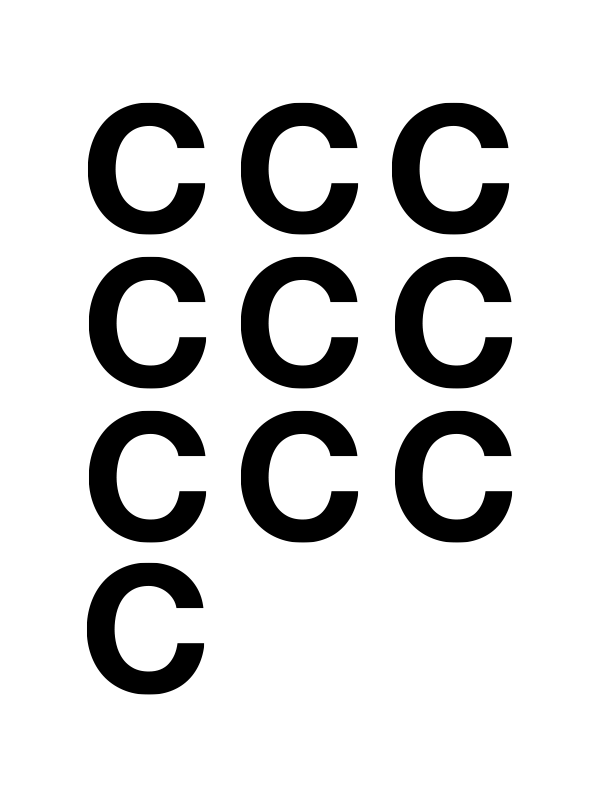Framework
Definition:
Frameworks within European educational contexts stem from the Council Recommendation on key competences for Lifelong Learning and are tools aiming at creating a common language to bridge the world of education and the world of work, by providing a shared definition of what key competences are, what their components are and how they are related.
Frameworks – as their name says – frame a combination of competences in a given set to enable and empower learners to face-up to present and future challenges and thrive in a fast changing world.
The key competences identified in the frameworks are built on consensus among scholars, policy makers and practitioners and needed by all individuals for personal fulfilment and development, active citizenship, social inclusion and employment. All competences are considered equally important, because each of them can contribute to a successful life in a knowledge society.
The European conceptual models of the frameworks such as the EntreComp, DigComp and LifeComp include clusters of competences considered lifelong learning sets of knowledge, skills and attitudes that all citizens shall be afforded the opportunity to develop, competences descriptors that best represent their main aspects, learning outcomes to build up learning and teaching pathways, progression models / proficiency levels demonstrating progress and assessing competences levels. (source Bacigalupo, M. (2022). Competence frameworks as orienteering tools. RiiTE Revista Interuniversitaria de Investigación en Tecnología Educativa, 12, 20-33. http://dx.doi.org/10.6018/riite.523261)
